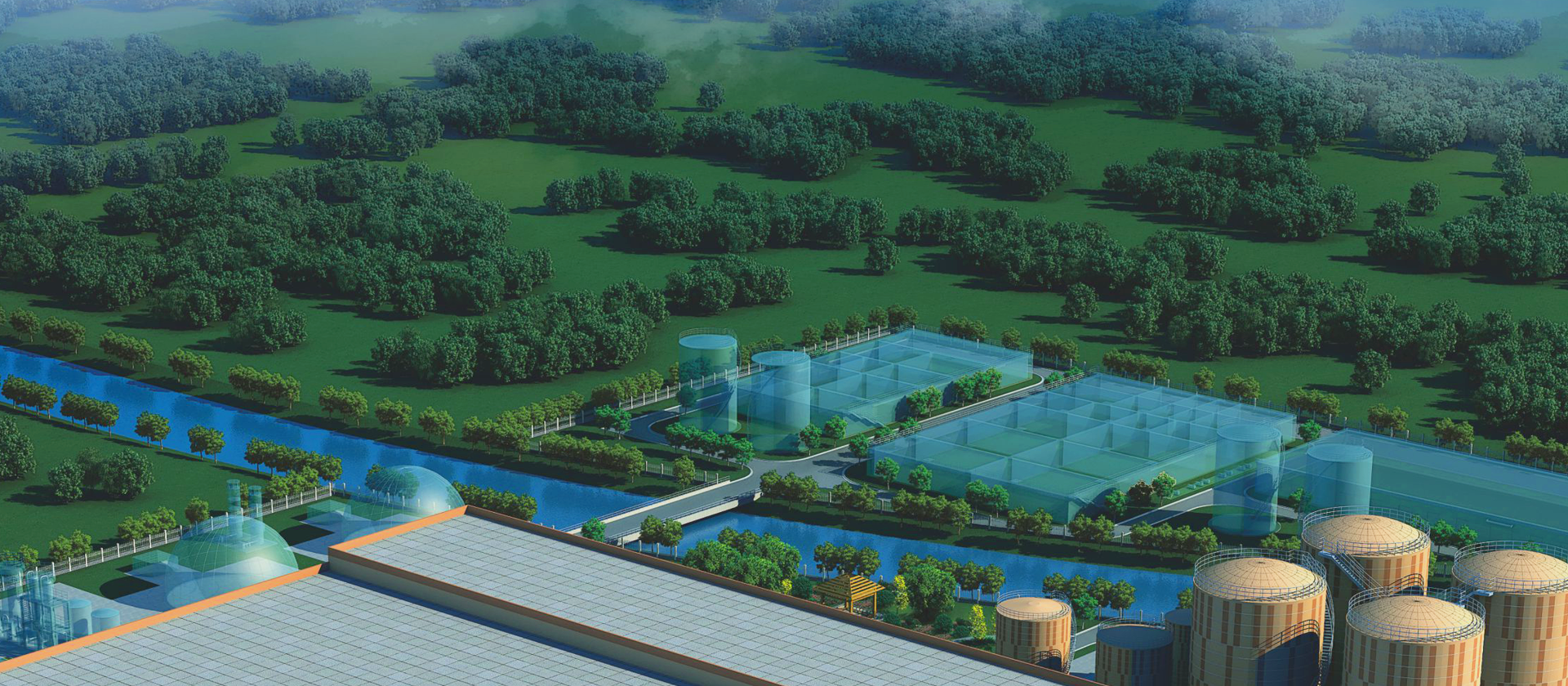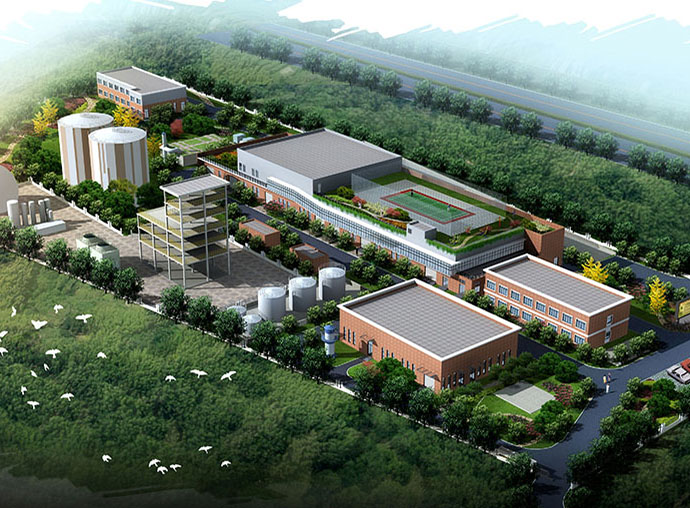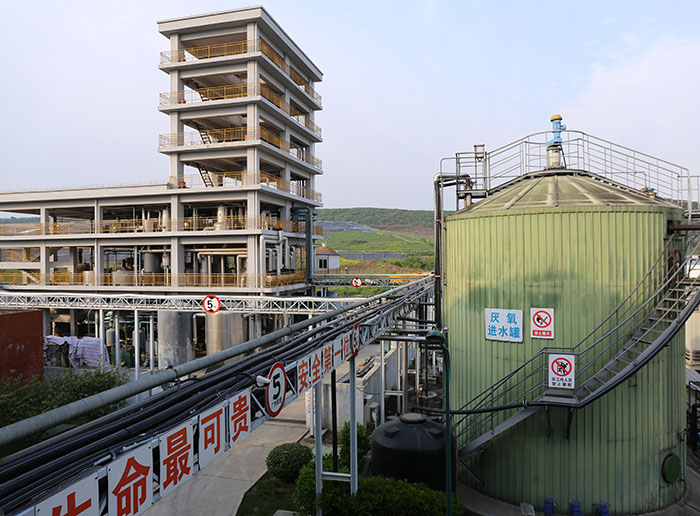
SOLUTIONS&CASES
解决方案&案例
Changzhou Food Waste Collection, Transportation and Comprehensive Disposal Project (Phase I)
Background
In order to strengthen food waste management, ensure food safety, promote resources recycling, maintain urban and rural beauty and environmental health, Changzhou plans to carry out construction of food waste comprehensive disposal project according to relevant policy in Jiangsu. 

Capacity
Design collection and transportation scale: operation scale of the phase 1 is 200 t/d for food waste and 40t/d for waste oil. The collection and transportation scale meets needs of actual work and pilot cities. Annual capacity of food waste treatment facilities shall not be less than 73000 tons and the daily capacity shall not be less than 200 tons; annual capacity of waste oil shall not be less than 14600 tons and the daily capacity shall not be less than 40 tons. 

Scheme
Process adopted in this project is "pretreatment + anaerobic digestion". The process mainly includes: food waste pretreatment, anaerobic digestion, biogas purification and utilization, biodiesel production, aerobic composting system, etc. After sorting and pulping, organic matter enters anaerobic digestion reactor, and biogas is generated through biological anaerobic process. After a certain residence time, the remaining anaerobic digestion liquid is discharged from the system. Biogas, biogas slurry and bio
Achievements
About 10.4 tons of crude oil can be produced by pretreatment of food waste and waste edible oil; 8.84 tons of biodiesel can be produced by biodiesel production system; 14231 m3 of biogas can be produced every day after anaerobic digestion, which can generate 2111 kwh of electricity every day except for steam boiler.
其他项目案例
集团子公司
杭州能源环境工程有限公司
北京汇恒环保工程有限公司
南京都乐制冷设备有限公司
澳门人威尼斯3966(苏州)能源科技有限公司
常州金源机械设备有限公司

简称:澳门人威尼斯3966
代码:300190

扫码关注公众号
联系电话:0519-85125884
邮箱地址:info@derlous.com
版权声明 苏ICP备09099886 号
Copyright © 2014 澳门人威尼斯3966环保科技集团股份有限公司
All Right Reserved
Copyright © 2014 澳门人威尼斯3966环保科技集团股份有限公司
All Right Reserved
